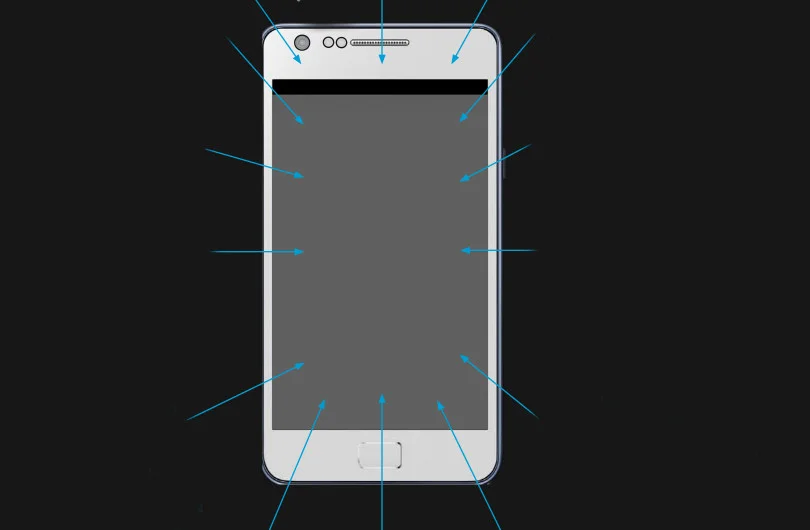Senate considers next steps for AI policy
Startup News Digest 09/05/25
Startup News Digest 06/28/24
Startup News Digest 1/19/24
Startup News Digest 12/08/23
Engine Statement on House Judiciary Committee Oversight Hearing of USPTO Director Iancu
A Call for Cross-Border Cooperation
Panel Round-Up: Design Patents and Defining the Article of Manufacture
The panel discussion, “Design Patents and Defining the Article of Manufacture – One Year Later,” was moderated by Julie Samuels, President of the Board at Engine Advocacy and Executive Director at Tech:NYC. The expert panel also featured Charles Duan, Senior Fellow and Associate Director of Tech and Innovation Policy at R Street Institute; G. Nagesh Rao, a 2016 USA Eisenhower Fellow and former Patent Examiner and Senior Policy Advisor at the USPTO; and Matthew Levy, former Patent Counsel at the Computer and Communications Industry Association (CCIA).
Engine Welcomes Supreme Court Ruling in TC Heartland Case
Today, the Supreme Court delivered a blow to patent trolls by unanimously reversing the Federal Circuit’s decision in TC Heartland v. Kraft Foods Group Brands LLC. The high court ruled that defendants in patent cases can only be sued where they are incorporated or have a regular and established place of business. The decision will make it significantly harder for patent trolls to file lawsuits in jurisdictions that patent-friendly but otherwise unrelated to the claims at issue—most notably the Eastern District of Texas, where almost forty percent of patent cases were filed last year.
In Apple v. Samsung, SCOTUS Sided With Reason Over Rounded Corners
After almost five years of legal volleying, the U.S. Supreme Court finally issued a decision in the highly anticipated Apple v. Samsung design patent case late last year. On Tuesday, Dec. 5, the court delivered a unanimous decision in favor of Samsung, finding that damages for design patent infringement may be limited to revenues attributable to a component of an article of manufacture rather than profits from the entire article. While this is an important victory for startups and innovators—from global corporations to inventors toiling in garages—courts must still work to provide the guidance and clarity necessary to prevent bad actors from abusing the patent system to the detriment of innovation. And they have a new opportunity to do so: On Feb. 7, the U.S. Court of Appeals for the Federal Circuit took a significant step in that direction by remanding the Apple v. Samsung case to the Northern District of California court.
So How Many Patents Are in a Smartphone?
The Supreme Court’s December 2016 decision in Apple vs. Samsung reversed a dangerous lower court decision that would have allowed patent plaintiffs to claim the total value of a product containing an allegedly infringing design feature, even if that design feature only provides a small amount of the product’s value. While total profits awards may arguably have been more plausible in an age when devices were less complicated and the design of the object constituted a significant portion of its value, the complexity of modern devices renders total profits awards for design patent infringement particularly illogical.
One Way to Protect Startups from Patent Trolls? Get Rid of Bad Patents.
The patent system was established by our founding fathers as a tool to promote innovation and invention. But too often, America’s most creative, forward-thinking startups find themselves interacting with the patent system in a less-than-ideal way: on the receiving end of an infringement suit or a letter threatening as much. Bad actors that have amassed hundreds and thousands of overbroad, low-quality patents (colloquially known as “patent trolls”) target businesses, using these patents as proverbial weapons with the goal of forcing companies into costly settlements.
Engine Welcomes Supreme Court’s Ruling in Design Patents Case
This morning, the Supreme Court ruled unanimously in Samsung’s favor in a case against Apple involving how damages should be calculated and awarded in design patent cases. In a win for the startup community, the court held that an award for design patent infringement does not necessarily allow the patent holder to obtain damages equivalent to the total profits of a product in which the patented design is used, as the lower court originally ruled. Rather, courts can award design patent damages for the particular components in which the patent was used. The decision may result in the lower court drastically decreasing its original award of almost $400 million to Apple, though the Supreme Court did not rule on how the modified damage amount should be calculated.
Startups should be watching as the Supreme Court decides Samsung v. Apple
Historically, startups have had little occasion to pay attention to the proceedings of our nation’s highest court. While arcane questions of constitutional law have an enormous impact on broader society, the Supreme Court’s activities are often too far removed from the challenges entrepreneurs must handle every day to simply keep their businesses afloat. But, an upcoming case on the Supreme Court’s docket may warrant a shift from this traditional mindset, as the outcome of the dispute could have a resounding impact on startups and small businesses in all industries.
















